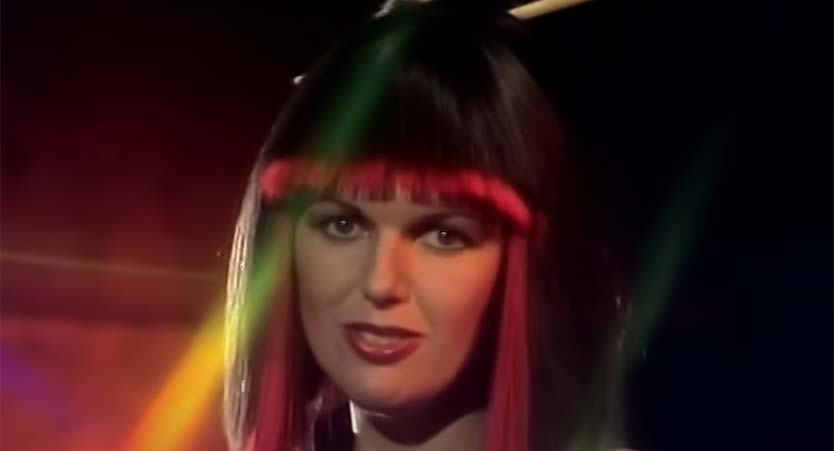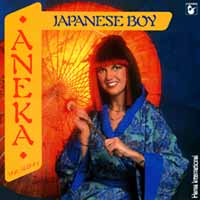“Japanese Boy” is a 1981 pop single by Scottish singer Aneka, which became an international hit and remains one of the most distinctive and memorable songs of the early 1980s. Known for its infectious melody, high-pitched vocals, and striking theme, the song catapulted Aneka to instant fame, though it also led to her being labeled a one-hit wonder in many parts of the world.
Aneka was the stage name adopted by singer Mary Sandeman, a classically trained folk vocalist who had previously built a modest career performing traditional Scottish music. The transformation into Aneka came about when she collaborated with producer Bob Heatlie, who wrote “Japanese Boy” with the idea of creating a catchy, contemporary pop song. Embracing the early ’80s trend for synthesizer-driven tracks with exotic flair, the song was crafted with a faux-Oriental musical motif, a thumping dance beat, and an immediately recognizable chorus.
The lyrics of “Japanese Boy” tell the story of a woman lamenting the sudden departure of her Japanese lover, expressing both confusion and heartache. Though the lyrics are simple and repetitive, they effectively convey a sense of emotional longing and frustration. The theme, coupled with Sandeman’s unusual vocal delivery and the song’s stylized Eastern sound, gave it a novelty appeal that stood out in a crowded pop market.
Upon its release in the summer of 1981, “Japanese Boy” quickly climbed the charts. It reached number one on the UK Singles Chart, where it stayed for one week, and went on to become a major hit across Europe, topping charts in several countries including Sweden, and Belgium. Despite its success in Europe, the song failed to chart in Japan, ironically the country referenced in its title, and it did not break into the U.S. market.
Aneka’s television appearances further added to the song’s unique identity. Dressed in a kimono-inspired outfit with dramatic makeup and a stylized performance style, Aneka fully embodied the character suggested by the song. While the visual presentation helped the single’s success, it also led to criticism and later reflection on cultural stereotyping. In retrospect, the song has often been discussed in the context of Western pop music’s treatment of Asian imagery and themes, especially during the era when global cultural sensitivity was less pronounced than it is today.
Despite the massive popularity of “Japanese Boy,” Aneka was unable to replicate its success. Follow-up singles failed to chart significantly, and within a few years, she returned to her roots in traditional music under her real name, effectively retiring the Aneka persona. As a result, she became closely associated with the one iconic hit that launched and defined her pop career.
“Japanese Boy” remains a memorable and often revisited track from the 1980s. Its unique fusion of kitschy charm, synthpop production, and instantly recognizable chorus have kept it alive on retro playlists and in nostalgic pop culture references. Though it exists in a more complicated light today due to its cultural framing, it endures as a symbol of a vibrant and experimental period in British pop music history.


